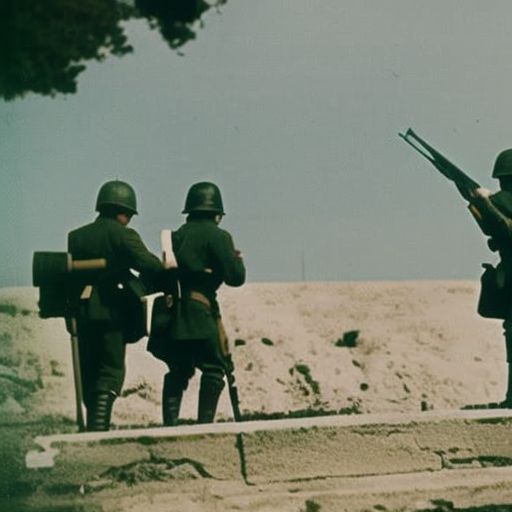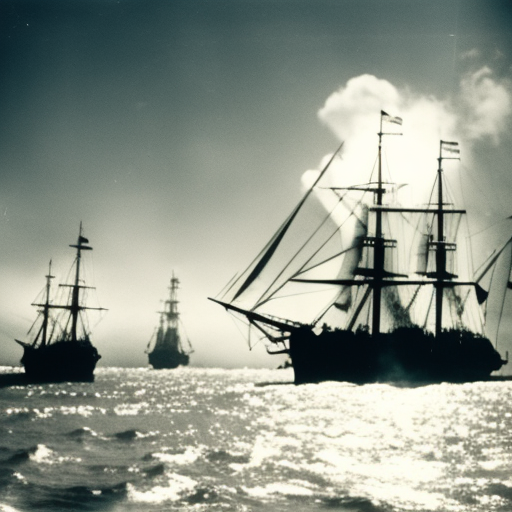Russo-Japanese War: A Conflict for Dominance in East Asia
The Russo-Japanese War was a military conflict that took place between the Russian Empire and the Empire of Japan from 1904 to 1905. It was fought primarily over territorial and strategic control in East Asia, specifically in Manchuria and Korea. The war marked a turning point in global power dynamics, as it was the first time an Asian nation had successfully defeated a European power in a modern war.
Background: Rising Tensions and Imperial Ambitions
Tensions between Russia and Japan had been escalating for several years prior to the outbreak of the war. Both nations sought to expand their influence in East Asia, with Russia aiming to establish a warm-water port in the Pacific and Japan desiring control over Korea. The situation worsened in 1903 when negotiations between the two powers failed to resolve their conflicting interests.
The Outbreak of War
In February 1904, Japan launched a surprise attack on the Russian naval base at Port Arthur, located in present-day China. This marked the beginning of the Russo-Japanese War. The Japanese navy achieved a significant victory, crippling the Russian fleet and effectively isolating the Russian forces in Manchuria.
War on Land and Sea
The conflict was fought on both land and sea. The Japanese army, led by General Kuroki Tamemoto, quickly advanced into Manchuria, winning a series of battles against the Russian forces. The Russian army, facing logistical challenges and poor leadership, struggled to mount an effective defense.
At sea, the Japanese navy, under the command of Admiral Togo Heihachiro, won several decisive victories against the Russian Baltic Fleet. The most notable of these was the Battle of Tsushima in May 1905, where the Japanese navy effectively destroyed the Russian fleet, leaving Russia without any significant naval power in the region.
International Diplomacy and the Treaty of Portsmouth
As the war progressed, international pressure mounted for a peaceful resolution. In 1905, US President Theodore Roosevelt facilitated negotiations between Russia and Japan, which resulted in the Treaty of Portsmouth. Under the terms of the treaty, Russia recognized Japan’s control over Korea and ceded its leasehold rights in Port Arthur and the Liaodong Peninsula to Japan. Additionally, Russia agreed to evacuate its troops from Manchuria.
Impact and Significance
The Russo-Japanese War had far-reaching consequences for both nations involved and the global balance of power. For Japan, the victory over a European power elevated its status as a major world power and demonstrated its military capabilities. The war also solidified Japan’s control over Korea and allowed for further expansion in East Asia.
On the other hand, the defeat in the war had profound effects on Russia. It exposed the weaknesses of the Russian military and government, contributing to the discontent that eventually led to the Russian Revolution in 1917. The loss of prestige and territory also fueled nationalist sentiments within the country.
Internationally, the Russo-Japanese War challenged the prevailing notion of European superiority and marked the rise of Japan as a significant player in global affairs. It inspired other Asian nations to resist Western imperialism and assert their independence.
In conclusion, the Russo-Japanese War was a conflict that arose from the imperial ambitions of both Russia and Japan in East Asia. The war resulted in a decisive victory for Japan and had significant implications for both nations involved and the global balance of power.












